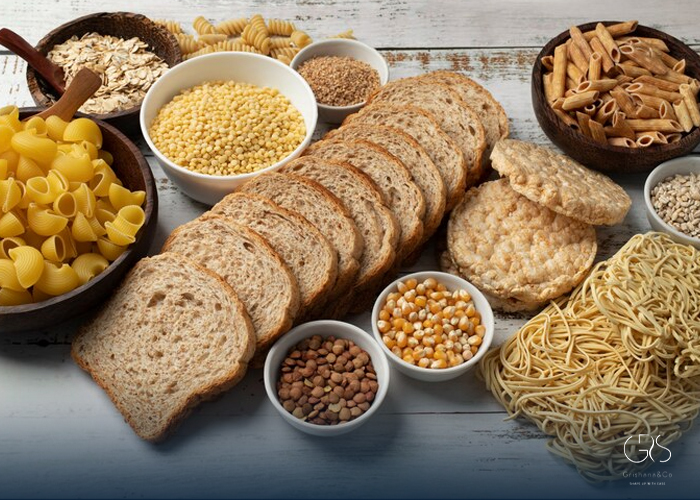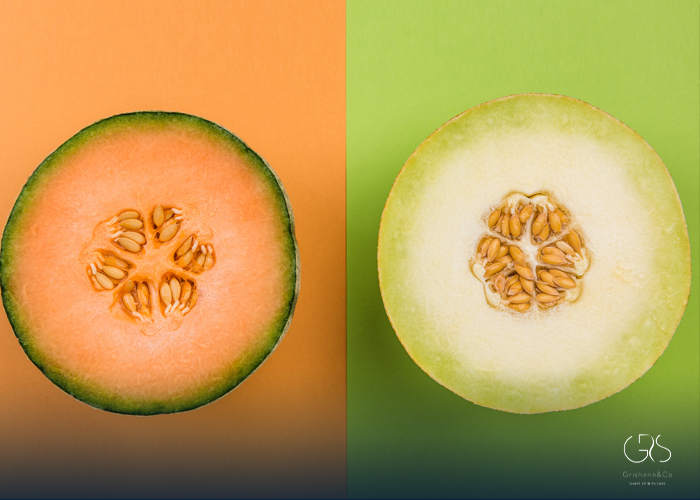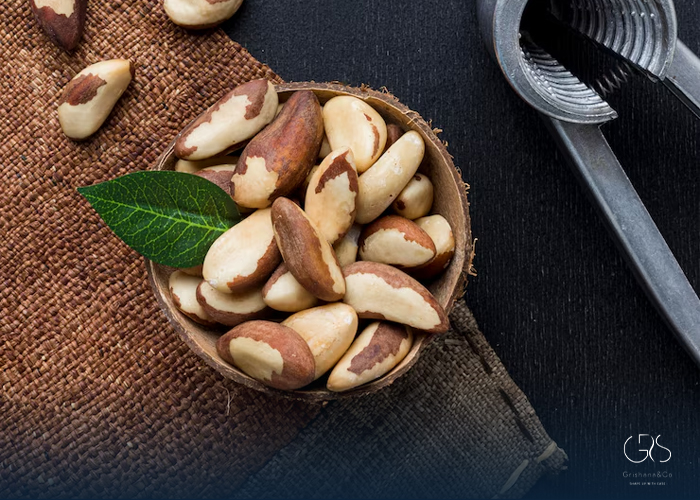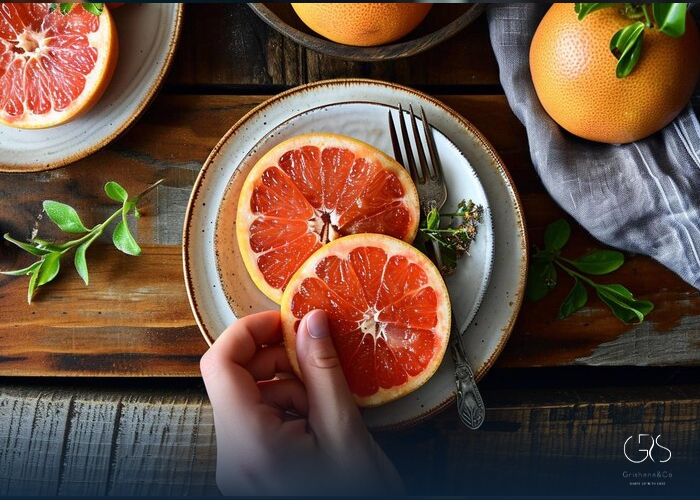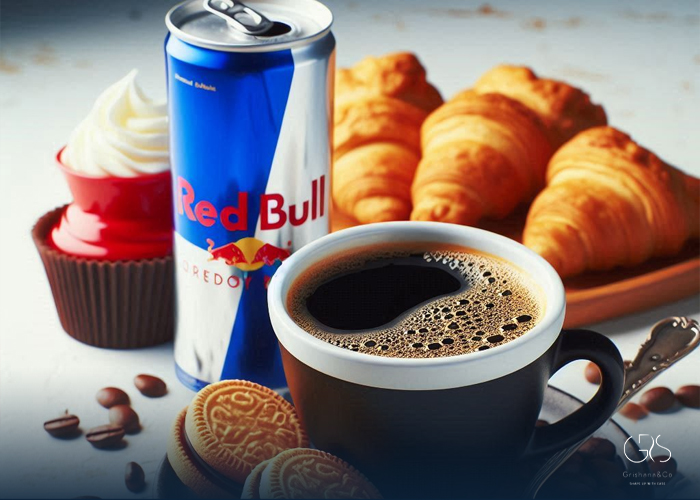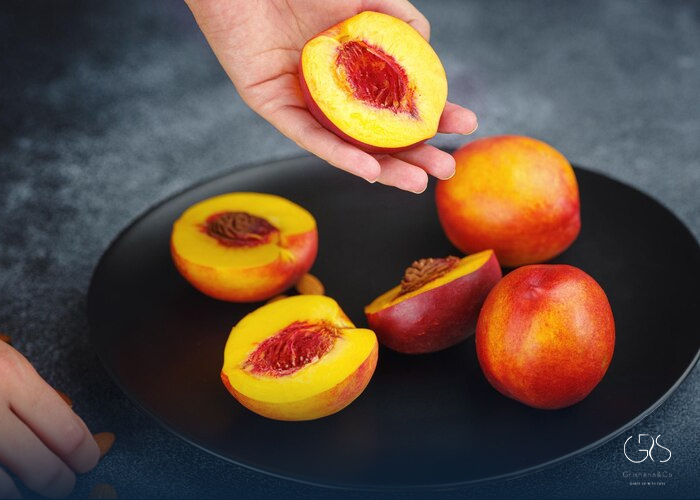Thanksgiving, a time when families gather together to celebrate and express gratitude, is often associated with a grand feast, with the centerpiece being a succulent roasted turkey. Alongside the joyous occasion, there has long been a prevailing belief that indulging in Thanksgiving turkey results in post-meal drowsiness. In this article, we embark on a quest to uncover the truth behind this widely accepted notion ,Thanksgiving turkey sleepiness – does Thanksgiving turkey truly make you sleepy or is it a mere myth?
The Myth Surrounding Thanksgiving Turkey Sleepiness:
Before delving into the scientific explanations, let’s explore the origins and perpetuation of the myth. For decades, it has been believed that the high tryptophan content in turkey leads to drowsiness. While tryptophan is an essential amino acid that plays a role in the production of serotonin and melatonin, which are associated with sleep, there are several factors that challenge the idea of turkey-induced sleepiness.
Examining the Science Behind Thanksgiving Turkey Sleepiness:
1.Tryptophan Content: Contrary to popular belief, turkey does not contain an exceptionally high amount of tryptophan compared to other poultry and meats. Additionally, tryptophan requires certain conditions to induce sleepiness, such as being consumed on an empty stomach in significant quantities.
2.Carbohydrate and Fat Intake: The traditional Thanksgiving meal is packed with carbohydrates and fats, from mashed potatoes to buttery rolls, which can slow down digestion and contribute to feelings of drowsiness.

3.Alcohol Consumption: Alcohol consumption is often high during Thanksgiving gatherings. Alcohol acts as a sedative and can enhance the sleep-inducing effects of a heavy meal.

Statistics on Thanksgiving Turkey Sleepiness:
While anecdotal evidence from post-Thanksgiving meals may support the sleepiness claim, it is important to examine scientific studies and statistics to gain a comprehensive understanding. According to a survey conducted by the American Chemical Society, the majority of respondents reported feeling tired after consuming a Thanksgiving meal, but only a small percentage attributed it to turkey alone. This indicates that factors beyond tryptophan content may contribute to post-meal sleepiness.
Considering Diverse Perspectives:
To present a well-rounded view, it is essential to consider diverse perspectives on the Thanksgiving turkey sleepiness debate.
1.Cultural Beliefs: In many cultures, a heavy meal is traditionally followed by a period of rest or relaxation, which could contribute to the perception that turkey makes you sleepy.

2.Placebo Effect: The power of suggestion and cultural conditioning may play a role in the belief that Thanksgiving turkey induces sleepiness. The anticipation and social context of the holiday may amplify the perceived effects.
Concluding Thoughts:
While the belief that Thanksgiving turkey makes you sleepy persists, it is clear that the science behind it is more complex than initially believed. Factors such as overall meal composition, alcohol consumption, and cultural influences all contribute to post-Thanksgiving drowsiness. The focus should be on moderation and mindful eating to ensure a well-balanced and enjoyable holiday experience.
Sources
- National Sleep Foundation, Does Turkey Make You Sleepy?
- American Chemical Society, Chemistry for Life , Thanksgiving Dinner and the Snooze Button




